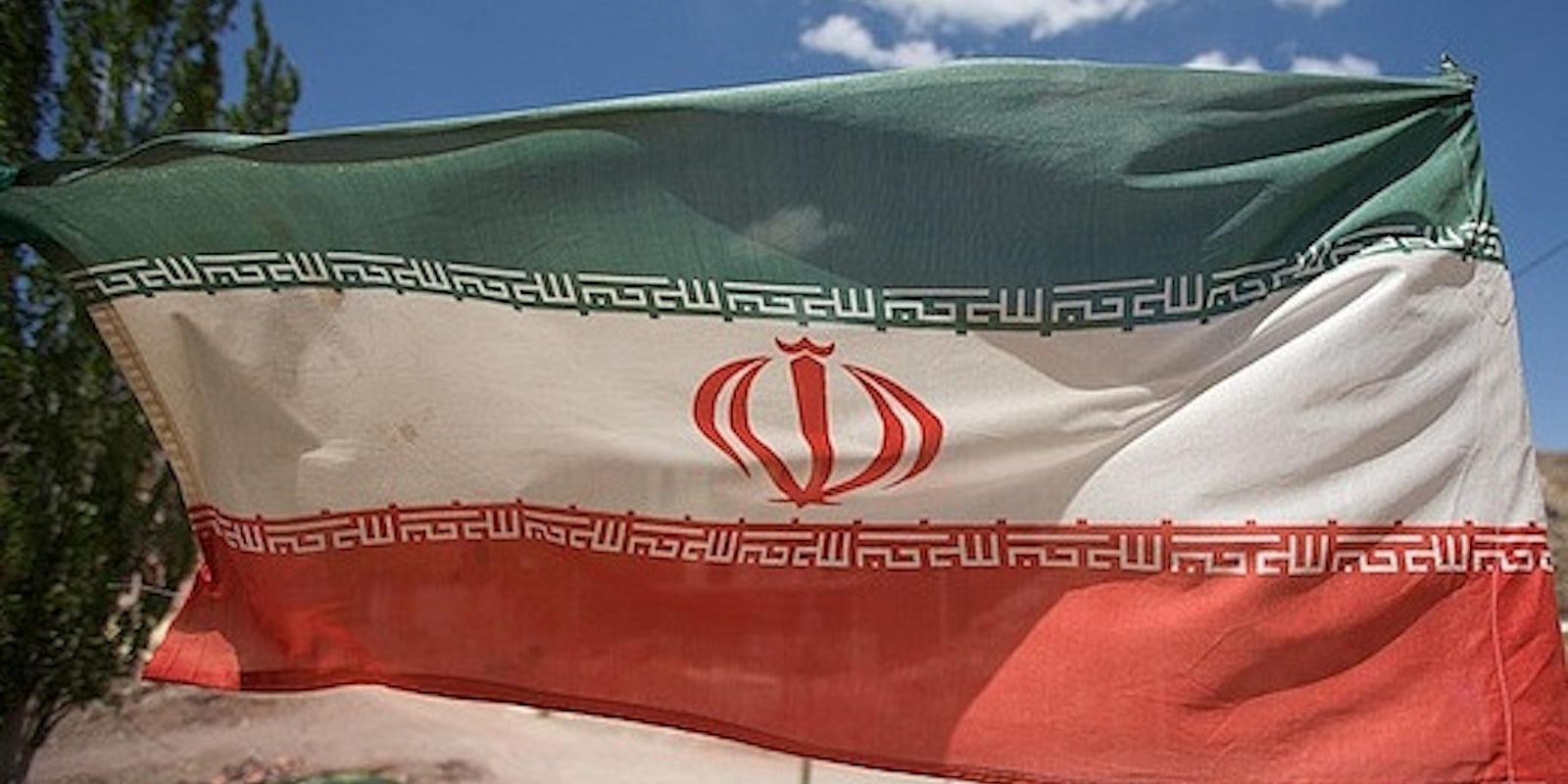Despite reports to the contrary, Iran claims it does not plan to cut off Web access in the country by August to facilitate a “clean Internet.”
International Business Times, citing an apparent statement by Reza Taghipour, the Iranian minister for information and communications technology, claimed Iran would block sites such as Google, Hotmail, and Yahoo by May. Authorities were reported to be replacing these with government Intranet services, most notably Iran Mail and Iran Search Engine.
The reports suggested that Iran would block its 33 million Internet users from accessing the Web by August, with only national Intranet functions and pre-approved foreign sites available to Iranians.
However, the reports were denied by the ministry of communication and information technology, which claimed they stemmed from an apparent April 1 interview with Taghipour. The ministry called that interview a hoax.
According to AFP, the ministry criticized the false reports for serving “the propaganda wing of the West and providing its hostile media with a pretext emanating from a baseless claim.”
There’s no smoke without fire, though. There have been many instances where Iranian officials have criticized the open Internet, which lent credence to the false reports.
Last July, Interior Minister Mostafa Najar derided Facebook as the “electronic means of a ‘soft war’ by the West intended to cause the Iranian family’s collapse.”
In January, Esmail Ahmadi Moghaddam, head of Iran’s security forces, called Google a “spying tool” for the West.
Officials in Iran censor millions of websites determined as un-Islamic. They have occasionally imposed additional temporary restrictions, such as in February, when access to Gmail, Hotmail, and Yahoo was blocked or slowed.
The government also has the capacity to cut Internet access to entire cities or districts in times of unrest. Meanwhile, it blocked access to virtual private networks in February, a popular method of skirting barricades to banned sites.
The confusion over the outlawing (or not) of the Web comes just after Taghipour confirmed plans to establish a national, closed Intranet within the next 12 months. However, he did not reveal whether access to the Web would be cut or if the wider Internet would sit alongside the “national information network.”
Moreover, the country is reportedly keeping an eye on Internet users outside of their homes, through monitoring Internet-cafe usage.
Photo by indigoprime


